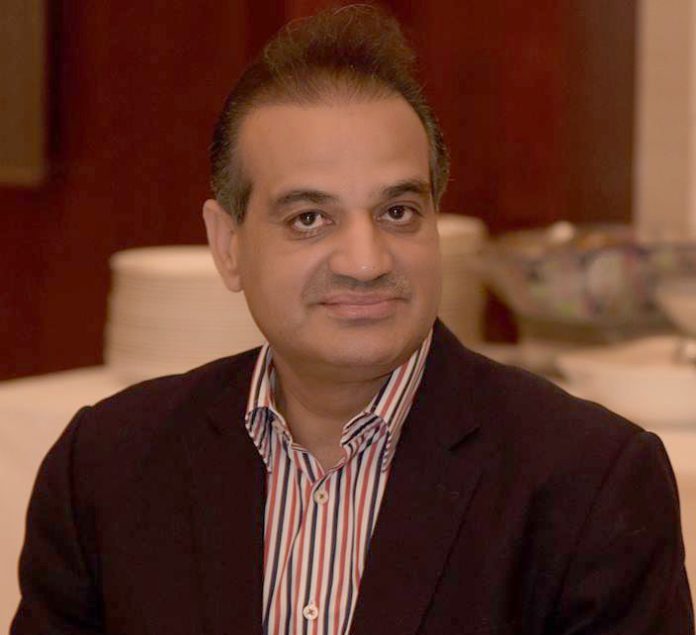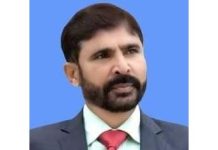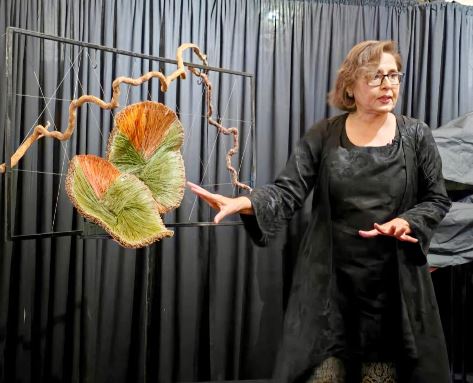As for the possibility of Nawaz Sharif becoming the next Prime Minister of Pakistan, it seems to be a formidable challenge in the current scenario, though not entirely without hope
Analysis
Ansar M Bhatti
Frictions among stakeholders in the political system are intensifying as the current assemblies near the end of their term this month.
According to Prime Minister Shehbaz Sharif’s announcement, the National Assembly will be dissolved before August 12, leading to elections within 90 days.
The PML-N believes that this 90-day period will allow them to engage in election canvassing and strategize for the potential return of Nawaz Sharif.
It is worth noting that the Chief Justice of Pakistan is set to retire next month, and President Arif Alvi’s tenure will come to an end in September.
The PML-N speculates that the replacement of the sitting Chief Justice with Justice Faez Isa might favorably impact Nawaz Sharif’s situation, potentially facilitating his safe return.
As per the PML-N’s plan, after the departure of CJP Umar Atta Bandial, they intend to file a plea for the protective bail of Nawaz Sharif.
If the plea is granted, the PML-N supremo will return to Pakistan to participate in court proceedings with the aim of seeking a favorable outcome.
It is essential to keep in mind that these developments are subject to legal processes and institutional procedures, and the situation might evolve as events unfold.
At first glance, it is evident that there is unrest within the ruling alliance, including the PPP, which shares power with PML-N and other allies without being part of the PDM.
The process of appointing a caretaker government has proven to be a challenging task, with both sides vying for a prime minister who aligns with their interests.
The suggestion of Ishaq Dar as the interim prime minister has not been made without reason. The PML-N is particularly insistent that whoever assumes this role must be subservient to their agenda.
The situation highlights the complexities and tensions within the political landscape, as various factions seek to secure their positions and influence during this transitional period.
ALSO READ: Unfortunate times in Pakistani politics
The Establishment is not an exception either.
Amidst swirling speculations of potential election delay, the political arena brims with fervent activity. Parties have wasted no time in launching their electioneering efforts, forming strategic alliances and diligently courting those who stand on the precipice of decision.
Interestingly, no party currently appears to have a bright chance of achieving a clear victory if the elections are held in a free and fair manner.
Two main factors contribute to this situation: First, the incumbency factor will play an important role if the two mainstream political parties, PML-N and PPP, perform poorly in the elections. Second, there are claims that the powers-that-be will ensure no political party attains an absolute majority.
Some insiders suggest that no party will secure a majority in elections for the next two decades or even longer.
Ideally, a timely transition of power through representative elections is beneficial for the stability and progress of a country’s political system. However, the effectiveness of such elections can be compromised if the same group of politicians returns to power repeatedly, rendering the electoral process futile.
To enhance the electoral system and ensure meaningful outcomes, several key improvements can be considered such as encouraging a diverse range of candidates to participate in elections, representing various backgrounds, expertise, and perspectives.
This can bring fresh ideas and alternative solutions to the table. By implementing new ideas, the electoral process can become more effective, inclusive, and meaningful, ultimately leading to a stronger and more responsive representative government for the benefit of the country and its people.
Unfortunately, no government has ever tried to reform the electoral process simply because they don’t want to allow sincere and genuine leaders to emerge.
This happens to be a fundamental flaw in our electoral system and without rectifying this flaw holding of independent and all inclusive election shall always remain a dream.
Coming back to the caretaker set-up, it must be composed of people having no affiliations with any of the political parties and institutions if there is a genuine desire to give this country an election that can ultimately produce a genuine leadership.
The defence minister and the information minister in their recent interviews tried to give an impression as if the Establishment were not on the same page with the political dispensation when it comes to appointment of the caretaker government. Even the prime minister in his interview with a private TV channel on July 30 made it clear that the government had nothing to do with the ban on PTI Chairman.
The similar views were expressed by the information minister as well. These statements of course are not without a purpose.
As for the possibility of Nawaz Sharif becoming the next Prime Minister of Pakistan, it seems to be a formidable challenge in the current scenario, though not entirely without hope.
The country’s influential establishments have a reputation for retaining long-lasting impressions. The statements made by Nawaz Sharif and his daughter, especially concerning the military and the former Army Chief General Bajwa and ISI Chief Faiz Hameed, still resonate vividly in the minds of the people. Therefore the PML-N has to do a lot in order to win Establishment support for Nawaz Sharif if it earnestly wants him back as the PM.
Summing up, the 15-month tenure of the government appears to have been a complete failure. Even the members of the ruling parties, particularly the PML-N, openly acknowledge that they couldn’t meet the expectations of everyone due to having too many leaders at the helm. The lack of a clear chain of command led to chaos and disorganization.
Many within the PML-N sincerely believe that forming a coalition with the PPP was a significant mistake. According to them, the PPP had nothing to lose from joining the government, while the PML-N, unfortunately, sealed its own political fate by making that decision.
In a post-election scenario, considering the situation, it seems improbable that these two political parties will remain partners, especially at the federal level.
The underlying tensions among the key stakeholders could present an opportunity for PTI to regain its position as a significant player in the political arena.
Moreover, the party should be afforded the same opportunities to participate in the election process as any other political entity, considering that it represents a substantial portion of the population.












